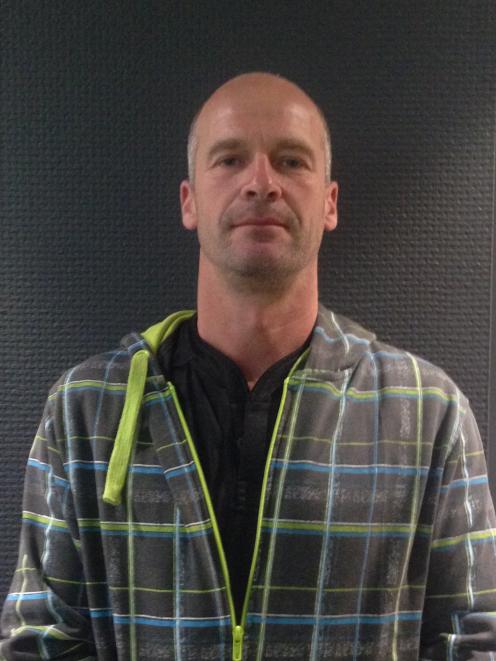
New Zealand Shearing Contractors Association incoming president Mark Barrowcliffe said the wool harvesting industry was facing several issues, including attracting and retaining workers, and the inability to compete with the Australian industry for staff.
Following extensive consultation with farmers, contractors and other wool harvesting staff, the association decided to recommend the increase as part of the association's updated three-year strategic plan and provide New Zealand pay parity with the Australians.
''It is a 25% increase on average, depending on the grade and job,'' Mr Barrowcliffe said.
''We have transient staff and we want them to go to Australia to earn good money.
''But we want to be able to offer something reasonable to bring them back again during our busy time.
''Our people are our tools and we need to look after them financially with good facilities and continuity of work.''
He said on average, a shearer in New Zealand could earn $1.70 per crossbred sheep, compared to $3.40 in Australia, while shed staff were on $25 an hour (average) while Australian shed staff were on $35 (average).
Anecdotally, about half or more of the Australian sheep were shorn by New Zealand shearers.
Since the proposed increase was announced, the association had received responses of varying degrees of enthusiasm from farmers, although wool harvesters were generally delighted.
''We are feeling the love,'' he said.
''We have had all sorts of responses from 'No way' to 'It's not enough' and 'Everyone deserves that'.''
He said the new pay rates would also be instrumental in attracting more people into the industry from school and other sectors.
''We are doing what we have to do to maintain our staffing levels to ensure we have got sufficient numbers of people to keep our industry sustainable and profitable for us and for farmers. We need to hold our hand on our heart and say they can earn a living wage.''
Other points in the strategic plan include improving the image of the industry, health and safety, improving facilities, addressing drug and alcohol use, and training.
''We are not actively promoting the positives in our industry enough and we need to get into schools more to talk to the kids about it.''
He said farmers would need to work out how to absorb the increase or add value to cope with the costs and what they did would depend on their individual businesses.
Industry training has also been a big issue.
''We have had a fragmented training system for the past three or four years,'' he said.
He said the association had launched the training organisation Te Ako Wools about two years ago, but that closed earlier this year as the ''funding model did not work''.
''However, Primary ITO was developing a new programme that would be a better fit for the industry,'' he said.
-By Yvonne O'Hara













